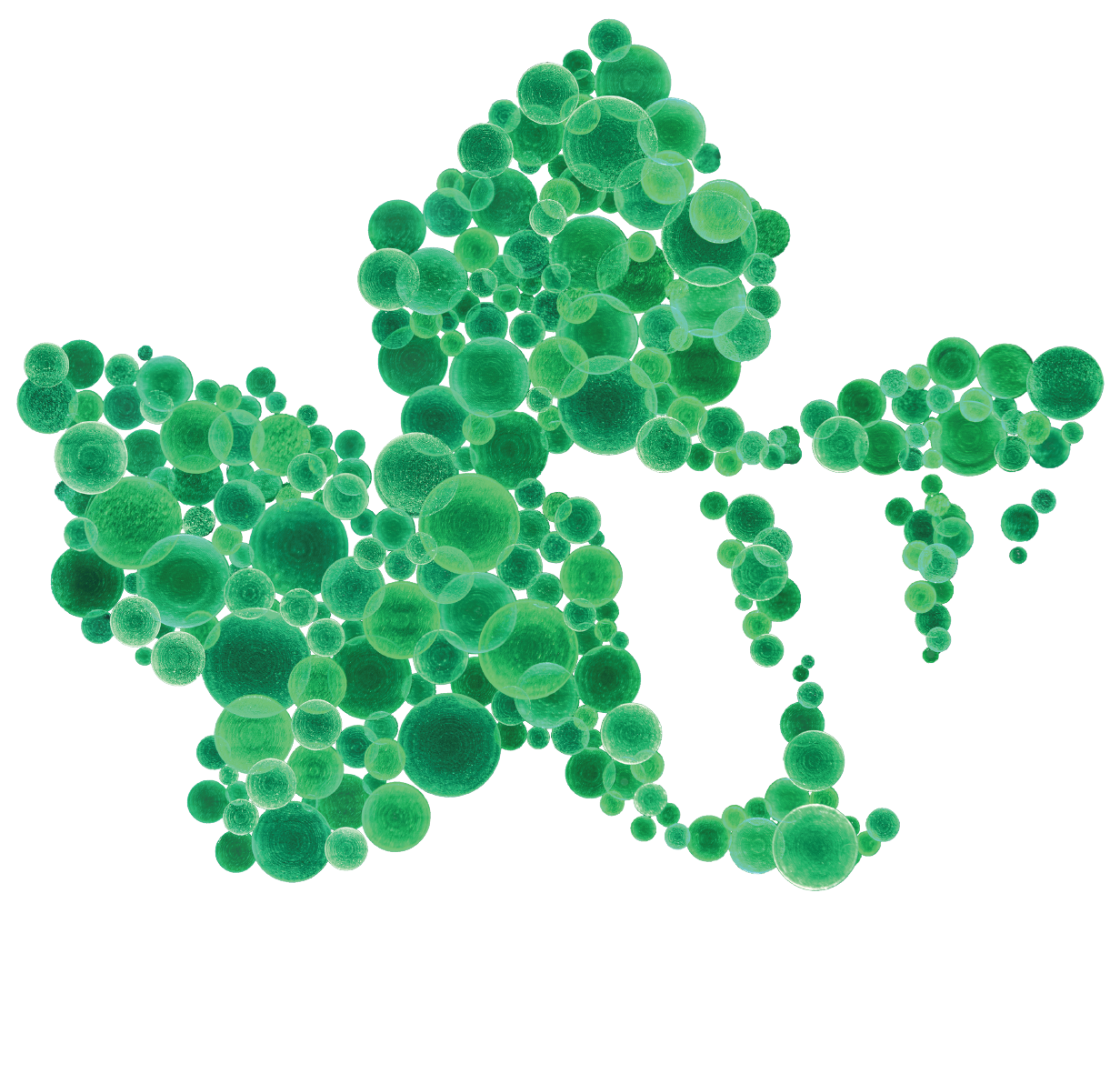Global design competition echoes importance of collaboration, economic evolution in a post-pandemic World.
75 college/university students from around the world—representing 88 academic institutions in 29 countries, as well as 114 unique academic disciplines—are developing bold ideas for a better future in Wege Prize 2021.
Amid the upheaval of 2020, students all over the world remain steadfast in finding solutions to our planet’s most pressing challenges.
Now, many of these promising future innovators and change-makers have been drawn to Wege Prize, an international design competition that encourages college or university students from anywhere in the world to form diverse collaborative teams and work to re-think and re-design the way we produce and consume.
Wege Prize 2021 has drawn a field of 35 teams of five students, each required to represent different academic institutions and disciplines. These 175 students—representing 88 academic institutions in 29 countries, as well as 114 unique academic disciplines—form the largest and most diverse field in the competition’s eight-year history.
These teams have identified complex, systemic problems—known as “wicked problems”—that they’re keen on addressing, with many teams focusing on issues relating to their immediate environment. Over the course of Wege Prize’s six-month multi-phase process, teams will collaboratively design and propose a product, service, business, non-profit, or other solution to a wicked-problem of their choosing. Each team’s proposed solution must support the transition from a linear economic model in which we take, make, and dispose to a circular economic model—one that eliminates pollution and waste out of the equation, keeps materials and products in use, and regenerates natural systems.
Wege Prize 2021 teams are addressing a wide variety of challenges and opportunities, from developing a chemical-free process for providing clean water to rural areas struggling with water access issues, to harnessing the digestive power of E. coli to transform PLA (polylactic acid) plastic waste into a powerfully versatile and more efficiently biodegradable material stream, to an ambitious vision for revolutionizing the extraction of precious metals and other valuable materials from electronic waste.
As Wege Prize 2021 teams work to refine their ideas, they'll be guided each step of the way by a diverse and accomplished group of judges, professionals whose collective expertise spans the circular economy, sustainable business, green chemistry, industrial design, UX/UI design, digital fabrication, biomimicry, public policy, and education. This high-profile group of advisors includes circular economy expert and instructor Carrie Snyder from Harvard Extension School, Tech Entrepreneurship professor and biomimicry expert Alysia Garmulewicz from Universidad de Santiago de Chile, and Colin Webster, Education Program Manager at the Ellen MacArthur Foundation in the UK among many others.
As the competition progresses through its four distinct phases, those teams whose ideas inspire the greatest hope for real-world success will advance, while others will carry the constructive feedback they’ve received from the judges into their future problem-solving efforts, and more broadly, their personal and professional lives.
“Wege Prize is a space where education meets action,” says Gayle DeBruyn, a professor of Collaborative Design at Kendall College of Art and Design of Ferris State University (KCAD), which organizes the competition with the support of The Wege Foundation. “We’re empowering young people to actively learn how to approach problems from multiple perspectives and how to solve them by collaborating with others whose expertise and experiences differ from their own, but we’re also giving them support and resources to understand how they can make their ideas a reality.”
In addition to this intellectual and professional growth, teams have the opportunity to win a share of over $30,000 USD in total cash prizes to help move their ideas forward.
But beyond the monetary award, Wege Prize has yielded high-value, community-based solutions among participants, due to the multi-phase nature of the program that encourages problem-solving and critical-thinking skills. This, in turn, benefits students, contributes to their academic, personal, professional experiences and growth, and encourages whole-systems thinking to address shared challenges within their communities or regions.
Follow Wege Prize 2021 on KCAD’s Wege Center for Sustainable Design page on LinkedIn, Facebook (@wegeprize), Twitter (@wegeprize), and at wegeprize.org, where competition updates are posted regularly.


